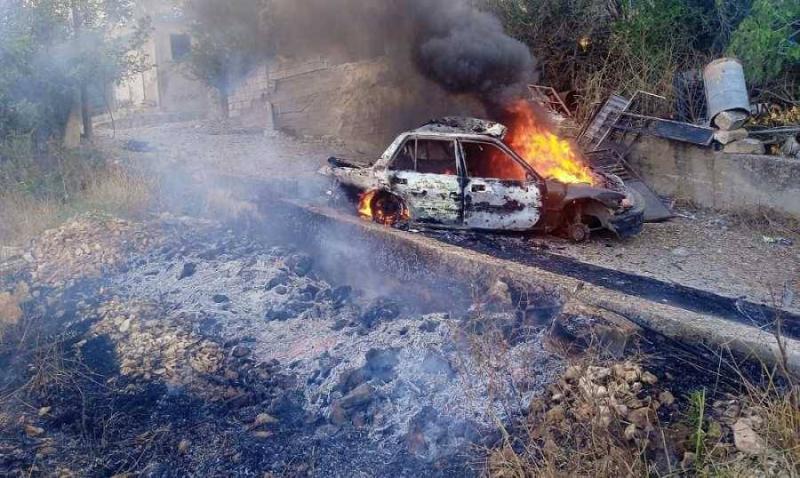While awaiting developments in the negotiations in Gaza and their potential impact on Lebanon, some are skeptical about the ceasefire holding on the southern front. Retired General and military expert Khalil Halou notes that Hezbollah's Secretary-General Hassan Nasrallah has linked the ceasefire to the truce in Gaza, expressing a desire for the war to end after ten months of fighting. However, this does not imply that Hezbollah is weakened; rather, its capabilities have diminished compared to the beginning of the war.
Halou points out that there is no guarantee that Tel Aviv will connect the ceasefire in the south with the Gaza truce, as it seeks to distance Hezbollah from the border rather than eliminate it, as some claim. Moreover, it has previously sent messages indicating that the Gaza ceasefire does not necessarily apply to the northern front.
While Halou highlights the eroding trust between the two parties, he emphasizes that what matters to Tel Aviv is ensuring the return of residents from the north, who are pressuring the government to go back to their homes. Although Nasrallah provides them with verbal guarantees—stating that if they cease fire in Gaza, it will be reciprocated in southern Lebanon—there is no assurance that the situation of the last ten months will not repeat itself in the absence of a definitive solution.
Additionally, the negotiations led by U.S. envoy Amos Hochstein do not signify an impending resolution. Consequently, Halou expresses a lack of optimism regarding the situation on the southern front between Israel and Hezbollah, stating that some remarks do not inspire hope. The situation remains unclear and escalating, with the war of attrition in the south ongoing until further notice.




